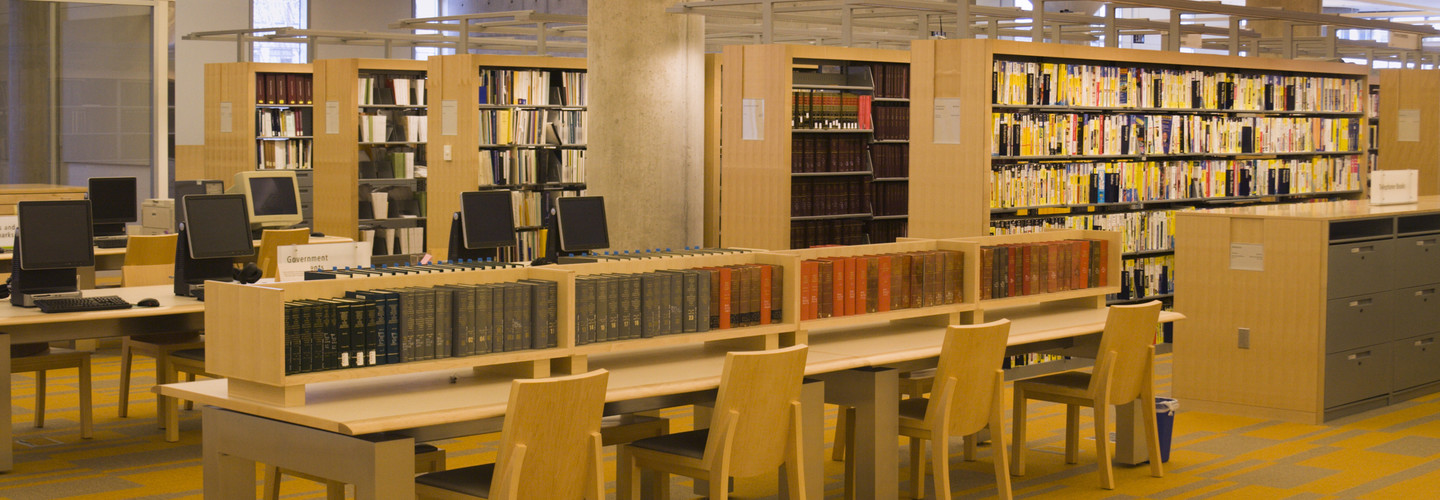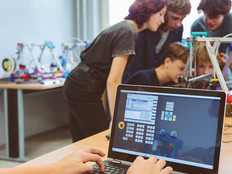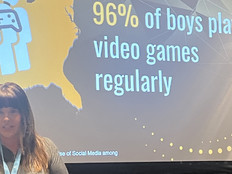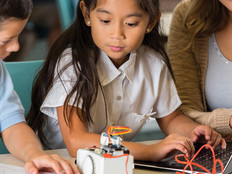Computer Science Education Gets a Boost with Library Grants
As educators and leaders alike seek to close the diversity gap in the tech industry, the importance of expanding computer science education to students from all backgrounds has become integral.
In an effort to do this, Google and the American Library Association teamed up to launch the Libraries Ready to Code initiative to help libraries establish programs that will teach students computer science and computational thinking skills.
Thanks to more than $500,000 in grants for 28 libraries in 21 states, this program got a major boost to do just that. While the program was established this past summer, ALA reported in late October that this is the first time Libraries Ready to Code has received any sort of dedicated funding.
The ALA reported that grant recipients range from rural libraries with only 50 students to urban library systems that support millions of students.
With such a wide range of grants distributed, this program is helping to ensure that diverse groups of students have the same opportunities to learn computer science skills.
“As centers of innovation in every corner of the country, libraries are the place for youth — especially those underrepresented in tech jobs — to get the [computer science] skills they need to succeed in the information age,” said ALA president Jim Neal in the news report.
SIGN UP: Get more news from the EdTech newsletter in your inbox every two weeks!
Why Libraries Are the Perfect Fit for Computer Science Education
With a library in nearly every U.S. community, these so-called centers of innovation are go-to places for unique educational opportunities and after-school programming.
Experts believe that libraries work so well as hosts for coding programs and makerspaces because they are accessible to all students, not just the ones in the classrooms with innovative teachers.
“If you’re going to begin to rethink what a space should look like and what a learning environment should look like, if you start with a library, then you’ve started with a space that can be shared by everyone in the building,” said Kecia Ray, executive director for the Center for Digital Education, in an EdTech article.
Research from the National Science Foundation has also indicated that with increasing pressure and demands on classroom educators, public libraries have become the best place for students to explore science, technology, engineering and math (STEM) and many STEM professionals have indicated that library programs were the basis of their career interests.
“Public libraries provide a ‘third space’ beyond the formal classroom and home that can unite schools and communities around STEM education and complete the community’s STEM learning ecosystem,” reads the NSF report.
These grants will seek to continue to grow this ‘third space’ and offer up advice for other libraries seeking to offer STEM education. The Libraries Ready to Code grant recipients will work on pilot programs that will become part of a toolkit that will be released in April during National Library Week.








